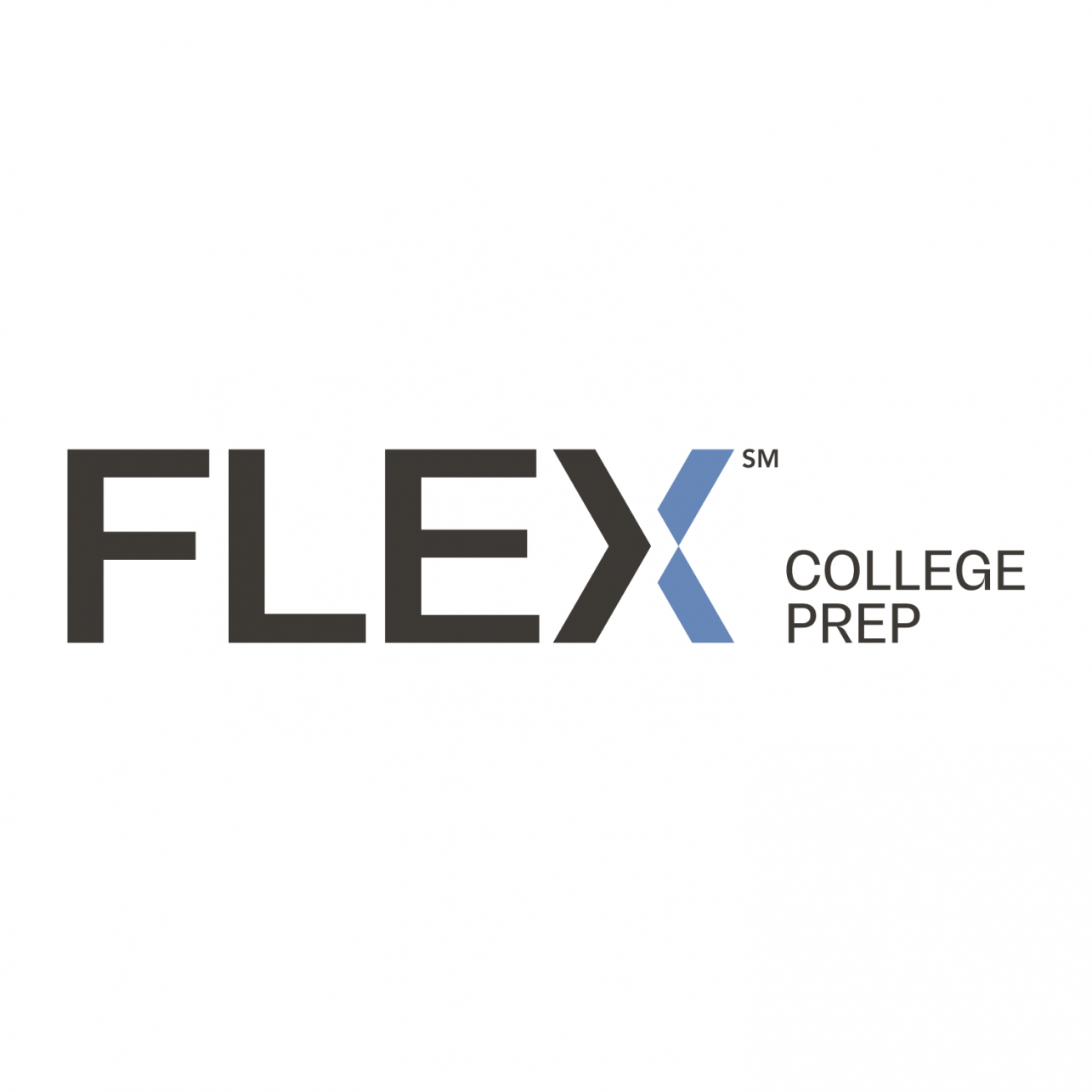Social and Emotional Learning (SEL) is an educational approach that teaches students how to manage emotions, build positive relationships, and make responsible decisions. SEL has been increasingly recognized as an important part of a well-rounded education. and for good reason.
In this article, we will discuss the benefits of SEL, how it can improve your child’s learning environment and experience, and the potential for growth and awareness through the widespread adoption of these techniques.
Benefits Of SEL
There are numerous benefits of SEL learning that help students thrive in school and beyond. While a traditional academic curriculum focuses on subject-specific knowledge and skills, SEL learning is centered on social and emotional development. This includes developing skills such as self-awareness, self-management, social awareness, relationship skills, and responsible decision-making. SEL learning emphasizes the importance of developing the whole child, including their social and emotional well-being.
What Is SEL? How Does It Compare To Traditional Learning?
SEL learning places a strong emphasis on building positive relationships with others and creating a sense of community. This includes fostering a positive classroom environment, encouraging collaboration and teamwork, and promoting inclusivity and diversity.
- A traditional academic curriculum may focus more on individual achievement and competition.
This learning style also often involves interactive and experiential learning activities, such as role-playing, group discussions, and problem-solving. This type of learning can help students develop social and emotional skills in a more hands-on and engaging way.
- A traditional academic curriculum may focus more on lecture-style teaching and textbook-based learning.
Developing Social And Emotional Skills
SEL learning can help students develop important social and emotional skills. Students who receive SEL instruction are better able to manage their emotions, empathize with others, and make responsible decisions. They are also more likely to develop positive relationships with their peers and teachers, which can lead to a more supportive and inclusive school environment. These skills can be applied in many areas of life, including school, work, and personal relationships.
SEL tutors can help students understand and manage their emotions. They can teach students strategies for calming down when they feel overwhelmed or anxious and help them build resilience and coping skills.
Motivating Students Through Academic Challenges
SEL learning can have a positive impact on academic achievement. Students who receive SEL instruction are more likely to be engaged in their learning and more motivated to succeed. They also tend to have better attendance, fewer behavior problems, and improved academic performance. This is in part because SEL learning helps students develop the social and emotional skills they need to navigate the challenges of the school environment.
Increased Confidence and Resilience
SEL learning can help students develop confidence and resilience. By learning how to manage challenges, setbacks, and stress, students are better able to handle the demands of school and of the workplace. This can also help them develop a growth mindset, in which they see challenges as opportunities for learning and growth.
SEL tutors can help students develop a better understanding of themselves and their emotions. They can help students identify their strengths and weaknesses, set goals, and develop plans for self-improvement.
Improving Learning Environments
SEL learning can contribute to a more positive school climate. When students are taught social and emotional skills, they are better equipped to manage conflicts and build positive relationships with others. A more supportive and inclusive school environment contributes to better academic performance, improved attendance, and fewer behavior problems. A positive school climate can help students feel more connected to their school community, which can have a positive impact on their overall well-being.
SEL learning can help students develop a sense of belonging and connection to their school community. Students who feel that they belong are more likely to participate in classroom activities, form positive relationships with their peers and teachers, and feel comfortable sharing their thoughts and opinions.
Teamwork Skills And Future Success
SEL learning can prepare students for success in the workforce. Employers are increasingly looking for employees who have strong social and emotional skills, such as the ability to work in teams, communicate effectively, and manage their emotions in high-pressure situations. Students who receive SEL instruction are better equipped to develop these skills, which can make them more competitive in the job market.
SEL tutors can help students build positive relationships with others. They can teach students how to communicate effectively, resolve conflicts, and work collaboratively with others.
Long Lasting Results From SEL
Students who receive SEL instruction are better equipped to understand and empathize with people from diverse backgrounds. This can lead to a more inclusive and tolerant society, in which people are better able to work together to solve complex problems. SEL learning can empower students to become agents of change in their schools and communities. Students who receive SEL instruction learn how to identify and address social and emotional challenges in their school and community. By taking action to create positive change, students can promote inclusivity and equity in their learning environments.
The benefits of SEL learning are many and varied. SEL learning can help students develop important social and emotional skills, improve academic achievement, contribute to a more positive school climate, prepare students for success in the workforce, and contribute to a more just and equitable society. As such, SEL learning is an essential part of a well-rounded education and should be embraced by educators and parents.
SEL learning takes a holistic approach to education, recognizing that students’ social and emotional development is closely linked to their academic success. By addressing the whole child, SEL learning can help students become more engaged in their learning, better able to manage stress and anxiety, and more prepared for success in their future careers. A traditional academic curriculum may focus more narrowly on academic content and skills.
SEL’s Popularity And Adoption
SEL has grown in popularity in schools due to several factors. Research has shown that SEL can have a positive impact on student well-being, academic achievement, and long-term success in life. This research has contributed to a growing recognition among educators and policymakers that social and emotional skills are critical to student success and should be prioritized in schools.
There has been a growing awareness of the importance of addressing mental health and social-emotional needs in schools. With increasing rates of anxiety, depression, and other mental health issues among young people, educators, and policymakers have recognized the need to provide students with support and resources to promote well-being and resilience.
There has also been a shift in educational priorities towards a more holistic view of education that goes beyond traditional academic subjects. Educators and policymakers are increasingly recognizing the importance of educating the whole child and supporting their social, emotional, and behavioral development alongside academic learning.
Ultimately, there has been a proliferation of SEL programs and resources that have made it easier for schools to implement SEL. These programs and resources provide educators with tools and strategies for teaching social and emotional skills and can be tailored to the specific needs of different schools and students.
The growing popularity of SEL in schools reflects a broader recognition of the importance of social and emotional skills in promoting student well-being and success. As more schools and educators adopt SEL, it is likely that this approach will become even more widespread and integrated into the broader education system. If you are seeking ways to implement SEL into your child’s curriculum, you should know that FLEX College Prep offers students a holistic approach to learning that champions well-being, mental health, and academic success.

Students need to stand out in the competitive admissions landscape. FLEX College Prep is a team of the best strategists in the industry and takes a holistic approach to ensure students use their pre-college years in intentional, enriching, and personally satisfying ways. Since 2001, we’ve worked with families to help students unlock their potential and find happiness, meaning, and success in college and beyond.


































